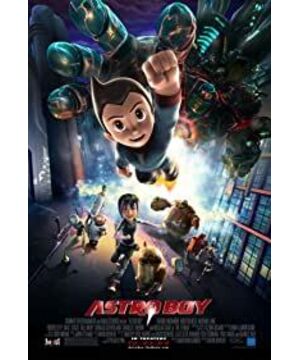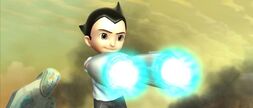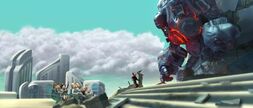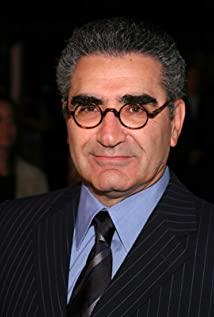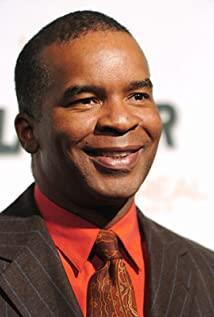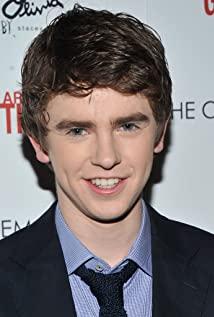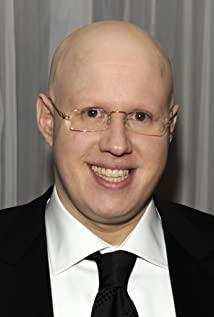Japanese manga artists after World War II all liked a topic very much (or thoughtful people in the world are willing to think about a problem), which is the so-called reflection on instrumental rationality and value rationality. From Osamu Tezuka, to Fujiko Fujio, to Hayao Miyazaki's Studio Ghibli, and Otomo Keyo, there seems to be an inheritance of ideas. Perhaps it was because of the pain brought by World War II that deeply penetrated the hearts of these children born during or after the war. In order to develop the so-called science and prosperity, the far-right forces such as the Nazis and the Japanese military have done various things that violate the spirit of humanity, such as launching wars, human experiments, and the backlash brought about by such evil acts. Deeply penetrated into the childhood of these animators, and blended into a shadow lurking in their entire creative thinking.
In addition, due to the prevalence of atheistic existentialism after World War II (or, the existentialism advocated by Sartre and others is itself a reflection on the absurd war). Existentialism raises some very interesting questions. Under the circumstance that human existence has no innate meaning, the questions of why human beings are human beings, how human beings are human beings, and why human beings are human beings are also valued by many thinkers and creators. In this case, Osamu Tezuka's masterpiece "Astro Boy" was born.
To put it simply, Astro Boy's story is of course interesting, with 100,000 horsepower, as a robot and human appearance, to survive in the human world and fight against the forces of evil. Naturally, it is a story that both adults and children love. However, this is undoubtedly a kind of mythological narrative. We need to peel off this bright and beautiful story layer by layer, and maybe we can make two shallow explanations of instrumental rationality and existentialism:
Instrumental rationality:
1. Robots with 100,000 horsepower = The power of industrial power has nothing to do with creation or destruction.
2. Human appearance = used by people
3. Child appearance = there is no good or evil, it only depends on how human society uses it.
Existentialism:
1, 100,000 horsepower = infinite possible ability (the possibility here is the possibility of a seed, not the possibility of a towering tree. That is to say, his possibility is the possibility, not the ability.),
2 , human appearance = expectations of being human,
3, child appearance = uneducated values.
4. Abandoned by Dr. Tianma, the original meaning of being the son of Dr. Tianma is destroyed = As Sartre said, human existence itself has no meaning, but human beings must choose and create on the basis of existence.
Astro Boy's deeper meaning lies in whether a powerful industrial force is used for justice and creation, or for destruction and destruction. Or a person with infinite possibilities, on the basis of meaningless existence, how to choose his possibility and the meaning of his life. This is also a very important reason why Astro Boy is not an ordinary comic story, but a classic in the history of comics.
However, it is a pity that this year's Astro Boy has simplified it in the text adaptation. As soon as he came up, how to use Astro Boy's power and what Astro Boy's meaning in life was, he gave the answer long ago. The only blue nuclear energy in the world, as the energy of justice, the only energy that can fight against the red nuclear. Astro Boy, a robot with the most cutting-edge technology, in addition to destroying weapons, a robot with the most cutting-edge technology. These two settings make the birth of Astro Boy, after being denied the existence of Dr. Tianma's son, become simple and clear, defeat the bad machine powered by red core, save the world, and disrupt the worship of the mechanical city The value of pure technology anyway, let the city in the sky return to the ground. In short, justice triumphs over evil, and human nature triumphs over machinery. Really good, very Hollywood.
View more about Astro Boy reviews


